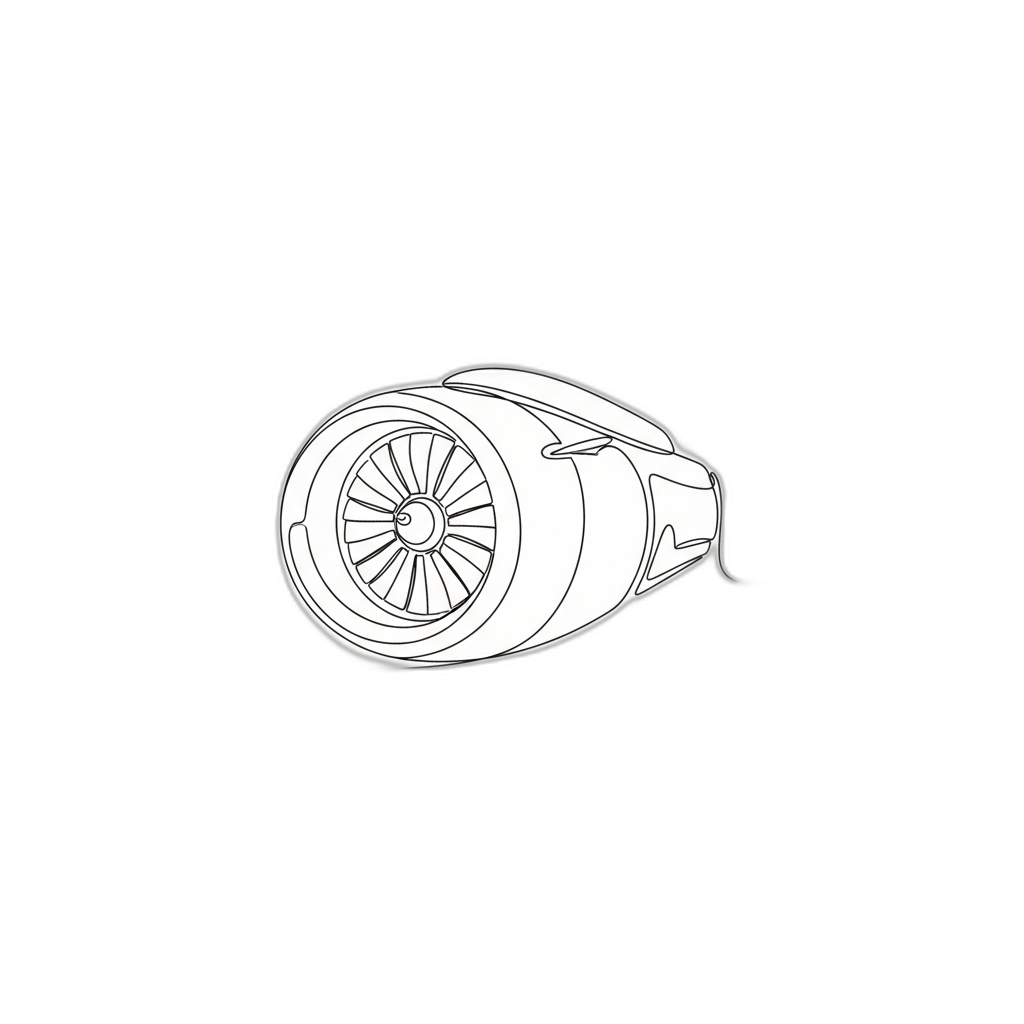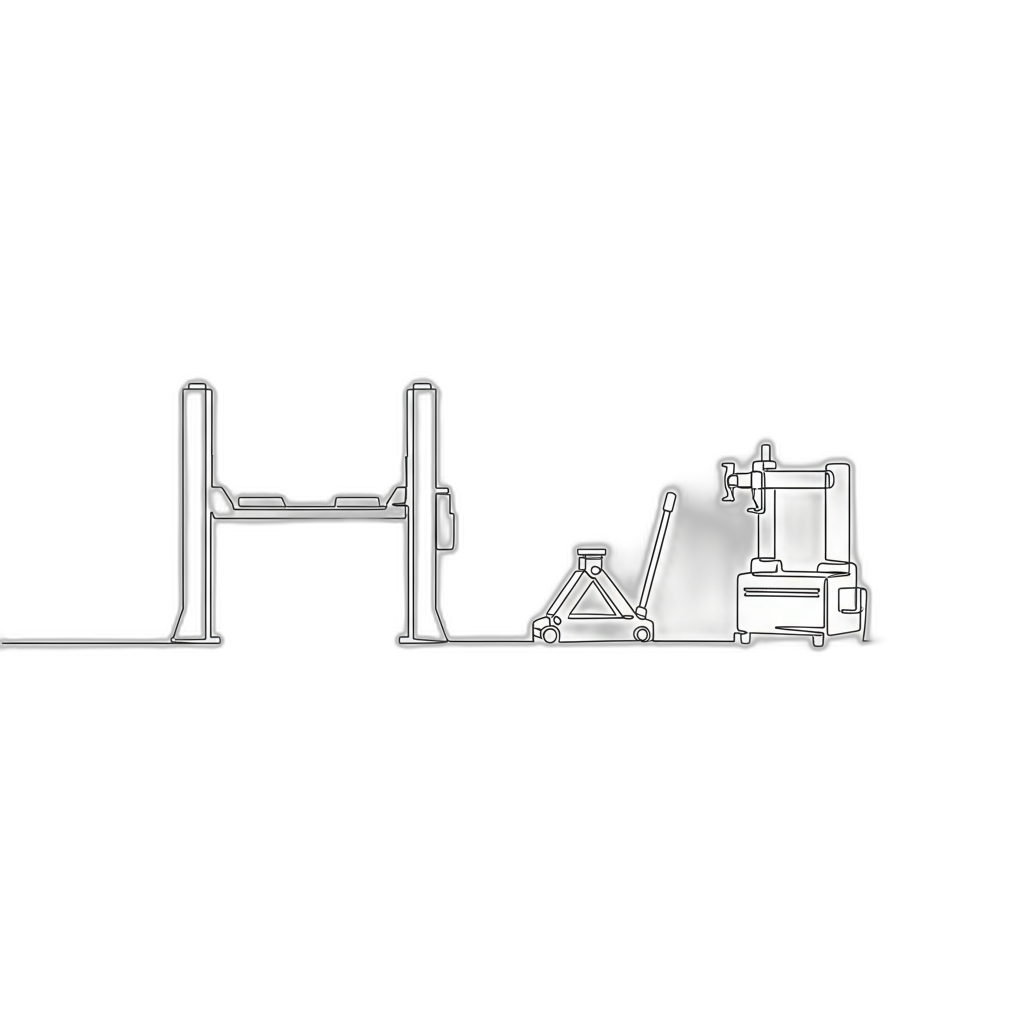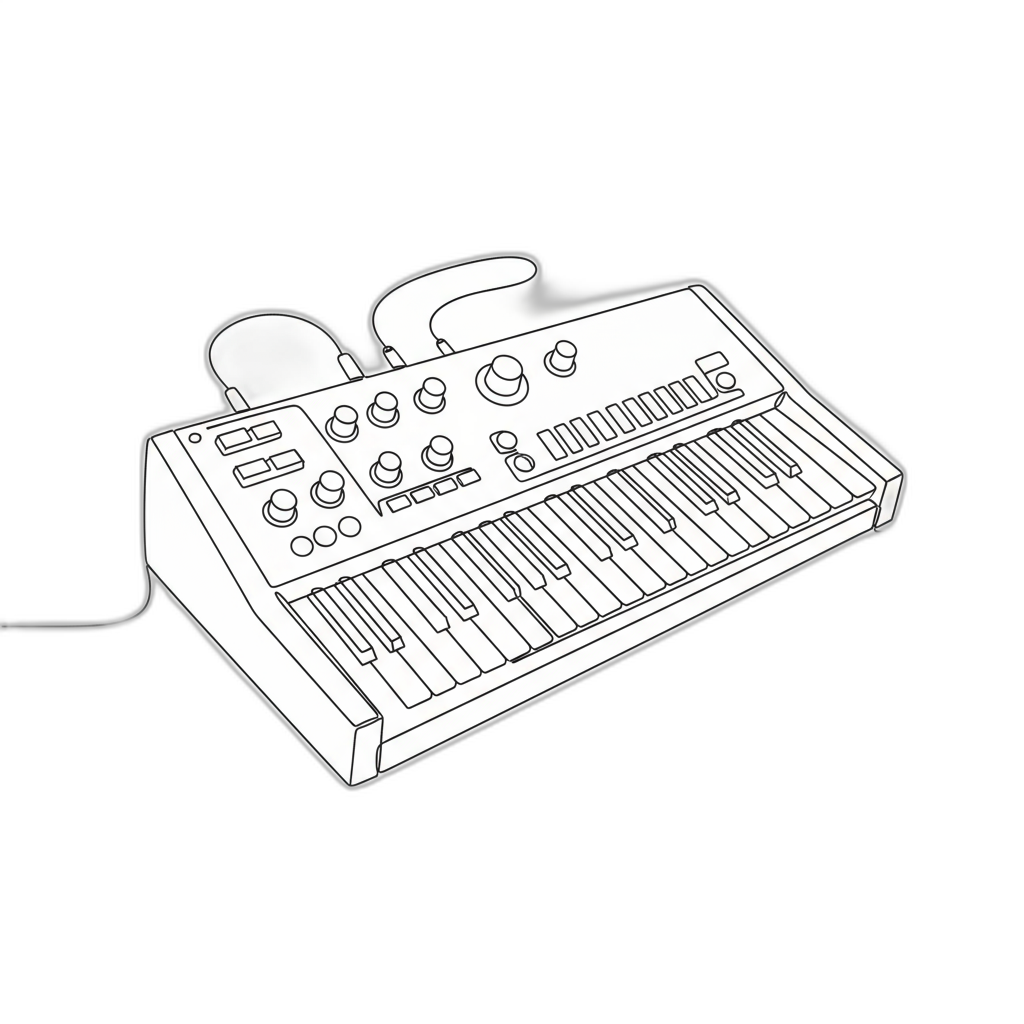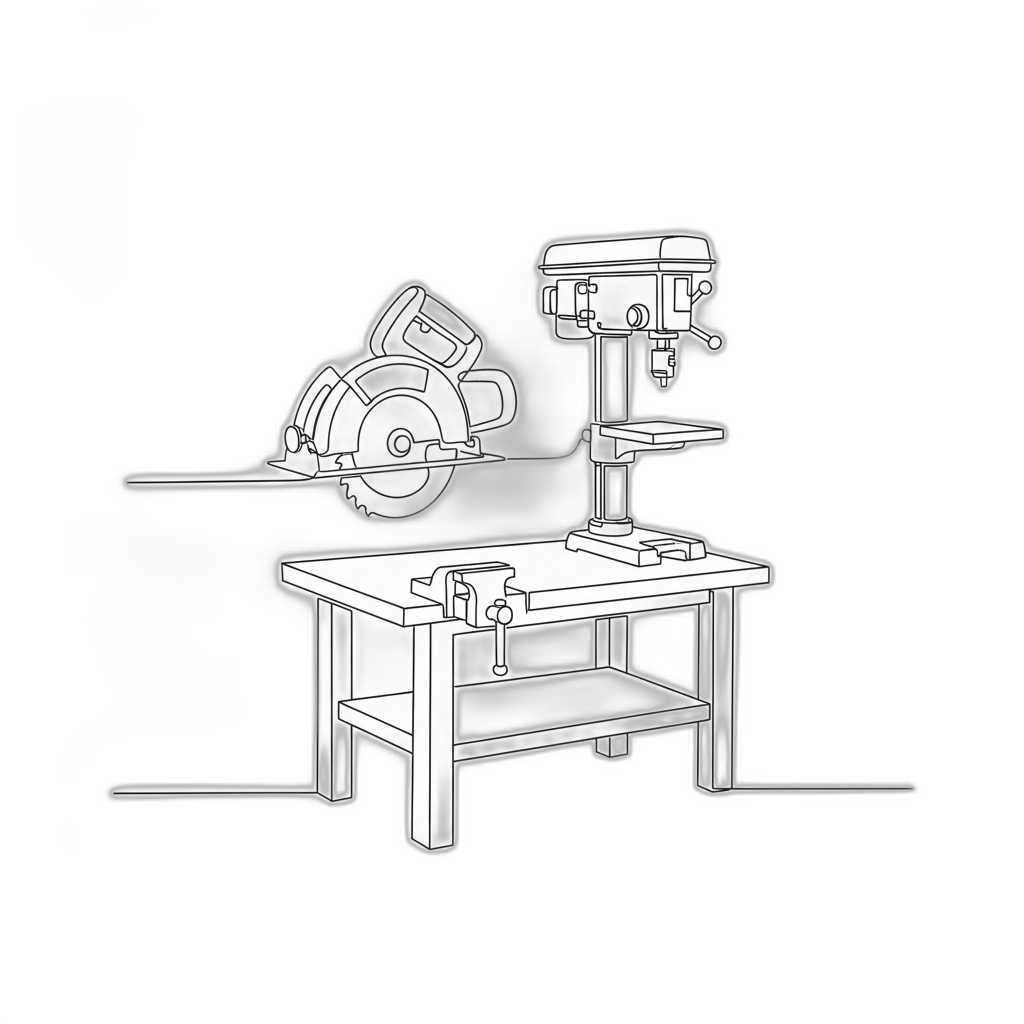






5-Star Service, Trusted & Loved by Hundreds
Your Appraiser Search Ends Here
Your Appraiser Search Ends Here
.avif)

Nationwide Coverage – Appraisals Anywhere in the US

Get it done Onsite or Online

Any Asset, Covered

Defensible for Any Purpose
Frequently Asked
Questions
No Frequently Asked Questions Found.
Damage claims serve as a critical mechanism for addressing unexpected financial burdens across multiple contexts. They typically arise in scenarios involving property destruction, personal injury, business interruption, or liability issues. The core purpose is to restore the affected party to their financial position prior to the damaging event.
The complexity of damage claims varies depending on the specific circumstances. Some may involve straightforward property repairs, while others require extensive investigation and expert assessment. Key components include thorough documentation, precise damage evaluation, and strategic negotiation to achieve fair compensation.
Successful damage claims depend on several fundamental elements: comprehensive evidence gathering, timely reporting, professional damage assessment, and clear communication between all involved parties. Claimants must be prepared to provide detailed documentation, including photographs, repair estimates, medical records, and incident reports.
Different types of damage claims exist, each with unique characteristics. Property damage claims address physical asset destruction, automobile claims cover vehicle-related losses, liability claims handle negligence-induced damages, and business interruption claims compensate for operational disruptions.
The claim process typically follows a structured approach: initial documentation, formal notification, professional damage assessment, negotiation, and final resolution. Each stage requires careful attention to detail and strategic approach to maximize potential compensation.
Understanding the nuanced nature of damage claims empowers individuals and businesses to navigate complex compensation scenarios effectively, ensuring fair treatment and financial protection in challenging circumstances.
A professional appraisal establishes a precise monetary value for damaged property, offering a comprehensive assessment that goes beyond subjective estimations. By meticulously documenting the extent and financial impact of damage, an appraisal creates a robust foundation for your claim.
Accredited appraisers bring specialized expertise to the evaluation, analyzing intricate details that untrained individuals might overlook. Their objective assessment considers multiple factors including market conditions, comparable property values, and specific damage characteristics. This professional approach ensures a fair and accurate representation of the property's true value.
Documentation from a professional appraisal becomes a powerful tool when negotiating with insurance providers. The detailed report serves as compelling evidence, substantiating the extent of damages and providing a clear, quantifiable basis for compensation. This documentation can significantly expedite the claims process and minimize potential disputes.
The appraisal also provides claimants with confidence and clarity during what can often be a stressful experience. By presenting a comprehensive, expert-level analysis, individuals can approach insurance negotiations with greater assurance and strategic insight.
Moreover, a professional appraisal strengthens a claimant's negotiating position. The rigorous, well-documented evaluation makes it considerably more challenging for insurance companies to undervalue or dismiss legitimate claims. This approach ultimately increases the likelihood of receiving fair and appropriate compensation.
Professional certified appraisers utilize sophisticated methodologies to analyze machinery value, considering multiple critical factors. These include equipment age, current condition, operational performance, maintenance history, technological relevance, and prevailing market conditions. By incorporating detailed examinations of physical attributes and economic context, appraisers can generate an accurate and defensible valuation.
The appraisal process typically involves three primary valuation approaches: cost, market, and income. The cost approach evaluates replacement expenses while accounting for depreciation. The market approach compares similar equipment transactions to establish fair market value. The income approach estimates potential future economic benefits generated by the machinery.
Key considerations during an equipment appraisal extend beyond simple numerical calculations. Appraisers carefully assess unique characteristics like specialized modifications, technological capabilities, and potential obsolescence. They also examine maintenance records, operational efficiency, and broader industry trends that might influence asset value.
The resulting comprehensive report serves multiple strategic purposes. It provides crucial documentation for financial transactions, insurance coverage, tax planning, potential sales, mergers, and internal asset management. By offering an objective, professional evaluation, equipment appraisals enable businesses to make informed decisions about their capital assets.
Ultimately, an Equipment & Machinery appraisal delivers more than just a monetary figure. It provides a nuanced understanding of an organization's technological infrastructure, supporting strategic planning and financial transparency.
When photographic documentation requires supplementation, professional appraisers leverage video conferencing platforms to conduct live consultations. These virtual interactions enable real-time discussions about equipment specifics, allowing for a more nuanced evaluation of complex machinery or specialized assets. Such remote assessment methods can significantly reduce time and travel expenses associated with traditional in-person appraisals.
The effectiveness of online appraisals depends on several critical factors. High-resolution, well-lit photographs that capture multiple angles and key mechanical details are essential for accurate initial assessments. Clients should be prepared to provide comprehensive documentation, including maintenance records, operational history, and any unique modifications or features that might impact the equipment's value.
While online appraisals offer remarkable convenience, they are not universally applicable. Certain highly specialized or intricate equipment may still require in-person examination to ensure a comprehensive and precise valuation. Professional appraisers will typically indicate when a remote assessment is insufficient and an on-site inspection becomes necessary.
Clients should always verify an appraiser's professional credentials and ensure the evaluation meets industry standards, particularly the Uniform Standards of Professional Appraisal Practice (USPAP). This diligence guarantees the reliability and credibility of the appraisal for potential uses such as financial reporting, insurance claims, or resale considerations.
Different types of equipment appraisers emerge from specific industrial domains, each bringing targeted expertise to the valuation process. Construction equipment appraisers evaluate heavy machinery like excavators and cranes, understanding regional development trends and equipment performance characteristics. Manufacturing equipment specialists focus on production machinery, analyzing technological complexity, usage history, and potential productivity impact.
Agricultural equipment appraisers examine farming machinery with nuanced understanding of seasonal productivity and technological advancements. Medical equipment professionals navigate intricate healthcare technology landscapes, assessing sophisticated diagnostic and surgical instruments. Transportation equipment experts evaluate vehicles and logistics equipment, considering depreciation rates and market demand dynamics.
Heavy equipment appraisers bring specialized knowledge to complex industrial machinery used in sectors like mining and energy. Technology equipment specialists track rapid technological evolution, providing critical insights into rapidly depreciating digital assets and communication systems.
Each appraiser type represents a unique intersection of technical knowledge, market understanding, and industry-specific insights. Their professional assessments provide crucial information for business decision-making, asset management, insurance purposes, and strategic planning across multiple economic sectors.
Insurance coverage represents a primary driver for professional appraisals. An accurate valuation ensures precise protection against potential losses, preventing both underinsurance vulnerabilities and unnecessary premium expenditures. By establishing a credible baseline for asset worth, organizations can design insurance strategies that are both protective and cost-effective.
Tax compliance represents another compelling rationale for equipment appraisals. When donating high-value machinery or equipment, a professional assessment becomes essential for substantiating tax deduction claims. These documented valuations provide the necessary transparency to satisfy regulatory requirements while potentially maximizing financial benefits.
Financial reporting demands rigorous asset valuation. Appraisals offer a clear, defensible representation of equipment value on balance sheets, enabling more sophisticated financial analysis. This transparency becomes particularly crucial when attracting investors or securing lending, as financial institutions rely on precise asset assessments to evaluate collateral and organizational health.
Legal proceedings frequently necessitate objective equipment valuations. During complex scenarios like partnership dissolutions or divorce settlements, a professional appraisal provides an impartial benchmark for asset division. The documented valuation serves as a credible reference point for negotiations, potentially mitigating potential conflicts.
Transaction dynamics also benefit significantly from professional appraisals. Whether purchasing or selling machinery, an independent valuation establishes a fair market baseline. This approach fosters trust between parties, facilitates more transparent negotiations, and helps prevent potential disputes arising from subjective price perceptions.
Strategic asset management represents the most forward-looking benefit of equipment appraisals. Regular assessments provide insights into asset depreciation, replacement timing, and potential upgrade opportunities. By understanding the precise value and condition of existing equipment, organizations can make more intelligent decisions about resource allocation, technological investments, and long-term operational planning.
Ultimately, a professional equipment and machinery appraisal transcends mere number-crunching. It represents a sophisticated tool for financial governance, risk management, and strategic organizational development.
What Makes Equipment and Machinery Appraisals Critical?
Why Equipment and Machinery Appraisals Are Essential for Businesses
Equipment and machinery appraisals play a critical role in protecting and managing business assets, particularly during damage claims and financial assessments. These comprehensive evaluations provide crucial insights that extend far beyond simple monetary valuation.
Key Benefits of Professional Equipment Appraisals
- Insurance Claim Support: Provides an objective, documented value for equipment to expedite insurance claim settlements
- Financial Planning: Assists in accurate asset assessment, investment decisions, and loan acquisition
- Operational Efficiency: Enables informed decisions about equipment maintenance, replacement, and upgrades
- Risk Management: Helps quantify potential operational impacts and supports strategic recovery planning
Critical Aspects of Comprehensive Equipment Appraisals
- Precise Valuation
Accurate appraisals provide a clear, defensible value for equipment, which is essential when working with insurers, lenders, and financial stakeholders. This documentation ensures businesses receive appropriate compensation and can make informed financial decisions.
- Strategic Asset Management
Regular appraisals offer deep insights into equipment condition, current market value, and potential replacement costs. This information empowers businesses to develop proactive maintenance strategies and optimize resource allocation.
- Financial Risk Mitigation
Comprehensive appraisals help businesses understand their asset portfolio's true value, supporting more effective financial planning and reducing potential economic vulnerabilities.
Long-Term Business Impact
By prioritizing professional equipment and machinery appraisals, businesses can create a robust framework for asset management, financial stability, and strategic growth. These evaluations are not just about determining current value, but about building a comprehensive understanding of a company's operational capabilities and potential.
In an increasingly complex business landscape, equipment appraisals serve as a critical tool for maintaining financial resilience, operational transparency, and strategic decision-making.
Why Accurate Valuation Matters in Damage Claims
Accurate valuation is critical in the damage claims process for equipment and machinery. When unexpected damage occurs—whether from accidents, natural disasters, or equipment failures—the financial implications can be substantial. Understanding the importance of precise valuation helps stakeholders navigate complex claim scenarios effectively.
Key Reasons Accurate Valuation Matters
1. Maximizing Financial Recovery
- Ensures full compensation for replacement or repair costs
- Prevents potential out-of-pocket expenses
- Protects financial interests of equipment owners
2. Legal and Insurance Compliance
- Meets detailed insurance policy requirements
- Reduces claim processing delays
- Minimizes potential legal complications
3. Dispute Prevention
- Provides objective, clear evidence of equipment value
- Facilitates smoother negotiations with insurance providers
- Expedites claim resolution processes
4. Strategic Financial Planning
- Supports informed budgeting for repairs or replacements
- Helps assess equipment's current and future value
- Enables more effective resource allocation
5. Comprehensive Decision Making
- Aids in determining repair, replacement, or sale strategies
- Impacts operational efficiency and productivity
- Considers long-term financial implications
6. Market and Depreciation Insights
- Incorporates current market conditions
- Accounts for accurate depreciation rates
- Provides realistic valuation reflecting current economic landscape
Ultimately, accurate valuation transcends mere numerical assessment. It serves as a critical tool for navigating damage claims, making strategic business decisions, and maintaining financial resilience.
Identifying Equipment Vulnerable to Damage and Depreciation
Effectively managing equipment and machinery requires a comprehensive understanding of factors that contribute to damage and depreciation. Identifying vulnerabilities early can help businesses minimize financial losses and maintain operational efficiency.
Key Factors Influencing Equipment Vulnerability
1. Environmental Conditions
- Harsh work environments dramatically increase equipment wear and tear
- Critical risk factors include:
- Moisture exposure
- Extreme temperature variations
- Dust accumulation
- Chemical interactions
- Regular maintenance and proactive inspections are essential for early damage detection
2. Usage Patterns and Operational Stress
- Operational intensity directly impacts equipment longevity
- Potential risks include:
- Frequent heavy usage
- Improper operation techniques
- Equipment overloading
- Consequences extend beyond immediate damage, potentially reducing long-term operational efficiency
3. Technological Obsolescence and Age
- Equipment over ten years old faces increased vulnerability
- Older machinery often lacks:
- Modern safety features
- Advanced operational capabilities
- Robust performance mechanisms
- Technological evolution accelerates depreciation for legacy equipment
4. Manufacturing Quality and Material Resilience
- Manufacturer reputation significantly influences equipment durability
- High-quality brands typically offer:
- Superior material construction
- Enhanced damage resistance
- Better long-term value retention
- Investing in reputable manufacturers can mitigate potential depreciation risks
Proactive management involves continuously evaluating equipment conditions, understanding technological trends, and implementing strategic maintenance protocols. By recognizing potential vulnerabilities, businesses can develop robust strategies to extend asset life and protect their financial investments.
Navigating the Damage Claim Appraisal Process: A Step-by-Step Guide
Navigating the Damage Claim Appraisal Process: Key Steps for Equipment and Machinery
Navigating the damage claim appraisal process requires a strategic and methodical approach. By understanding the critical steps involved, you can effectively manage your claim and maximize potential compensation.
1. Initial Damage Documentation
- Capture comprehensive photographic evidence of the damaged equipment
- Document the condition before and after the incident
- Collect critical supporting documents:
- Purchase invoices
- Maintenance logs
- Previous appraisal reports
2. Professional Appraiser Selection
- Choose an appraiser with specialized expertise in equipment and machinery
- Verify key qualifications:
- Licensed credentials
- Industry-specific knowledge
- Relevant professional experience
- Ensure the appraiser understands the specific type of machinery involved
3. Comprehensive Appraisal Evaluation
- Physical equipment inspection
- Detailed analysis of critical valuation factors:
- Equipment age
- Historical usage
- Current market demand
- Potential repair costs
- Depreciation assessment
4. Professional Documentation
- Receive a comprehensive appraisal report
- Ensure report includes:
- Clear appraisal methodology
- Detailed findings
- Precise equipment valuation
- Verify professional formatting and presentation
5. Claim Submission and Follow-Up
- Submit the professional appraisal report with your damage claim
- Prepare for potential adjuster inquiries
- Maintain clear and prompt communication
- Be ready to provide additional documentation if requested
Thorough preparation, professional documentation, and strategic communication are essential in successfully navigating the equipment damage claim appraisal process.
Key Factors in Determining Equipment Value Post-Damage
Key Factors in Determining Equipment Value Post-Damage
When assessing the value of equipment and machinery after damage has occurred, several critical factors must be systematically evaluated. Understanding these nuanced variables is essential for an accurate appraisal and can significantly influence damage claim outcomes.
1. Equipment Type and Pre-Damage Condition
- Different machinery categories have unique depreciation rates and market demand
- Pre-damage condition critically impacts equipment valuation
- Well-maintained equipment typically retains higher value compared to neglected units
- Specialized equipment may have different value preservation characteristics
2. Comprehensive Repair Cost Analysis
- Detailed estimation of restoration expenses required
- Comparison of repair costs against current market value
- Potential declaration of total loss if repair expenses exceed equipment value
- Consideration of partial versus complete equipment replacement
3. Dynamic Market Trend Evaluation
- Assessment of current industry demand for specific equipment
- Impact of technological advancements on equipment valuation
- Potential resale value considerations
- Regional and sector-specific market fluctuations
4. Precise Replacement Cost Calculation
- Comprehensive cost assessment for equivalent equipment replacement
- Inclusion of direct purchase price
- Factoring in additional expenses such as:
- Shipping costs
- Installation fees
- Incidental procurement expenses
5. Comprehensive Historical Performance Review
- In-depth analysis of equipment usage history
- Examination of maintenance records
- Review of previous damage or repair incidents
- Assessment of overall equipment reliability
By systematically considering these interconnected factors, stakeholders can develop a nuanced and accurate understanding of equipment value following damage, ultimately facilitating a more equitable and precise claim resolution process.
Avoiding Costly Mistakes in Damage Claim Assessments
Navigating Equipment Damage Claims: A Comprehensive Approach
When dealing with damage claims related to equipment and machinery, precision in appraisal is critical to protecting your financial interests. Understanding the nuanced process can help you avoid common pitfalls and ensure a comprehensive assessment.
Key Strategies for Accurate Equipment Valuation
- Comprehensive Value Determination
Establishing equipment value goes beyond the original purchase price. Critical factors include:
- Current market depreciation
- Equipment condition
- Specialized modifications
- Functional capabilities
- Robust Documentation Management
Critical documentation that strengthens your claim includes:
- Original purchase agreements
- Detailed maintenance records
- Previous professional appraisals
- Repair and service history
- Thorough Condition Evaluation
A comprehensive inspection should meticulously assess:
- Pre-existing equipment damage
- Normal wear and tear
- Current operational status
- Potential functionality limitations
Critical Timing and Valuation Considerations
- Immediate Assessment Importance
Conducting an appraisal promptly after damage occurs is crucial. Delays can result in:
- Equipment further deterioration
- Market value fluctuations
- Compromised claim documentation
- Specialized Equipment Valuation
Prevent undervaluation by ensuring your appraiser:
- Specializes in your equipment type
- Understands industry-specific nuances
- Considers comprehensive value factors
- Provides detailed, objective assessment
By implementing these strategic approaches, stakeholders can confidently navigate equipment damage claims, maximizing their potential for fair and accurate compensation.
Essential Documentation for a Comprehensive Appraisal
Essential Documentation for a Comprehensive Equipment Appraisal
When pursuing an equipment and machinery appraisal for damage claim purposes, gathering the right documentation is critical to ensuring a thorough and accurate evaluation. Comprehensive documentation not only streamlines the appraisal process but also strengthens your claim when negotiating with insurance companies or addressing legal considerations.
Key Documentation for Effective Appraisal
- Purchase Records
- Original purchase invoices and receipts
- Initial equipment cost documentation
- Installation and shipping expense records
- Maintenance and Repair Documentation
- Comprehensive maintenance logs
- Detailed repair history
- Service records demonstrating equipment care
- Photographic Evidence
- High-resolution images from multiple angles
- Close-up shots of damage or wear
- Before and after photographs
- Equipment Specifications
- Precise model numbers
- Manufacturing year
- Unique equipment features
- Technical specifications
- Insurance Documentation
- Current insurance policy details
- Previous equipment-related claims
- Coverage information
By meticulously compiling these essential documents, you create a comprehensive portfolio that enables appraisers to conduct a precise and fair assessment of your equipment's value, ultimately supporting your damage claim process.
How to Select the Right Appraisal Expert
Selecting the Right Appraisal Expert for Equipment and Machinery Damage Claims
Choosing the correct appraisal expert for evaluating equipment and machinery is critical to achieving a fair and accurate assessment. The right professional can make a significant difference in your damage claim's outcome.
Key Considerations for Selecting an Appraisal Expert
1. Professional Experience and Credentials
- Prioritize appraisers who specialize specifically in equipment and machinery evaluations
- Verify professional certifications from recognized industry organizations
- Confirm expertise across different equipment types (heavy machinery, industrial tools, specialized vehicles)
- Look for credentials such as Certified Appraiser designations
2. Industry-Specific Knowledge
- Select experts with deep understanding of your specific industry sector
- Seek professionals familiar with current market trends and valuation standards
- Prioritize appraisers with proven experience handling similar damage claims
- Ensure comprehensive understanding of regulatory requirements
3. Professional Reputation and Track Record
- Research professional references and client testimonials
- Request detailed case studies demonstrating past successful appraisals
- Verify the appraiser's consistency in delivering accurate and fair assessments
- Check professional standing within industry associations
4. Comprehensive Appraisal Methodology
- Discuss the appraiser's detailed valuation process
- Request transparency about valuation factors and calculation methods
- Ensure they provide comprehensive documentation supporting their assessment
- Confirm ability to generate clear, professional reports
5. Communication and Support Quality
- Evaluate the expert's ability to explain complex valuation concepts clearly
- Assess responsiveness and willingness to address follow-up questions
- Confirm availability for potential additional documentation needs
- Ensure professional and timely communication throughout the process
Investing time in carefully selecting the right appraisal expert significantly increases your likelihood of a successful claim resolution and ensures you receive appropriate compensation for equipment and machinery losses.
Maximizing Your Insurance Claim with Professional Appraisals
In the unfortunate event of damage to your equipment or machinery, understanding how to maximize your insurance claim is crucial. A professional appraisal provides an accurate assessment of your assets, which is essential for substantiating your claims.
An appraisal from a qualified expert establishes the fair market value of your equipment, taking into account its condition, age, and replacement cost. This objective evaluation can significantly enhance your negotiation power with the insurance company, ensuring you receive adequate compensation.
Key Benefits of Professional Equipment Appraisals for Insurance Claims
- Accuracy and Credibility: Professional appraisers have the expertise to assess equipment accurately, using comprehensive methodologies. Their findings are based on industry standards, which lend credibility to your claim.
- Detailed Documentation: A professional appraisal yields a comprehensive report that outlines the valuation process, presenting clear evidence to support your insurance claim. This documentation can be crucial in potential disputes or appeals.
- Streamlined Claims Process: Engaging a qualified appraiser can expedite the claims process. Their systematic approach helps establish a clear timeline, reducing potential delays and ensuring timely compensation.
- Expert Validation: In complex claim scenarios, a professional appraiser can provide expert testimony. Their specialized knowledge may be instrumental in resolving disputes through negotiation or legal proceedings.
- Comprehensive Value Assessment: Professional appraisals document pre-existing equipment conditions, which is critical for ensuring full reimbursement and supporting replacement claims.
Ultimately, a professional equipment appraisal provides a robust foundation for your insurance claim, facilitating a smoother claims process and allowing you to focus on business continuity after a loss.
Understanding the Economics of Equipment Valuation
Core Components of Equipment Valuation
Equipment valuation represents a nuanced economic assessment that requires comprehensive understanding of multiple interconnected factors. When evaluating machinery for damage claims, professionals must consider several critical dimensions.
Key Determinants of Equipment Value
- Age and Condition: Direct impact on depreciation and overall market worth
- Market Demand: Current industry trends influencing equipment pricing
- Operational Purpose: Specific functional characteristics defining unique value propositions
- Technological Relevance: Current technological standards and potential obsolescence
Valuation Methodology Principles
- Establish baseline value using industry-standard comparable sales data
- Adjust baseline value considering equipment-specific wear and depreciation
- Analyze current market dynamics and sector-specific economic conditions
- Calculate potential replacement costs for comprehensive assessment
Market Dynamics Influencing Valuation
Economic fluctuations significantly impact machinery values. During periods of high industrial activity, certain equipment types may experience substantial price appreciation, while economic downturns can conversely reduce market values. Successful appraisers maintain constant awareness of these cyclical market trends.
Critical Considerations in Damage Claims
When addressing damage claims, appraisers must meticulously evaluate:
- Precise depreciation calculations
- Replacement cost estimations
- Current market value comparisons
- Regulatory compliance requirements
Regulatory and Legal Framework
Different industries maintain specific valuation standards and legal requirements. Professional appraisers must navigate these complex regulatory landscapes, ensuring accurate and legally defensible assessments that protect client interests.
Strategic Insights for Stakeholders
Comprehensive understanding of equipment valuation economics empowers businesses to make informed decisions, accurately assess asset values, and effectively manage potential financial risks associated with machinery damage or loss.
From Damage Assessment to Claim Resolution: Typical Timelines
Navigating equipment and machinery damage claims requires strategic understanding of typical processing timelines. By comprehending each stage, claimants can effectively manage expectations and streamline their claim resolution.
Key Stages of Equipment Damage Claim Appraisal
1. Initial Damage Assessment (2-14 Days)
- Comprehensive examination of damaged equipment
- On-site inspection by qualified professional appraisers
- Detailed documentation of damage extent and characteristics
- Factors influencing timeline:
- Complexity of equipment
- Accessibility of damaged machinery
- Appraiser availability
2. Comprehensive Appraisal Report (1-3 Weeks)
- Preparation of detailed damage documentation
- Pre and post-damage equipment valuation
- Estimated repair or replacement cost analysis
- Thorough evaluation of machinery condition
3. Insurance Company Review (1-4 Weeks)
- Systematic report examination
- Internal assessment of appraisal findings
- Verification of damage claims
- Potential additional investigation
4. Negotiation and Settlement (1-3 Weeks)
- Discussion of appraisal details
- Collaborative resolution strategy
- Potential counterproposals
- Agreement on compensation terms
5. Final Claim Resolution (3-10 Days)
- Settlement fund distribution
- Formal claim closure
- Documentation finalization
Proactive communication, prompt document submission, and understanding each stage's requirements can significantly accelerate the entire claims process.
Your Questions Answered: Equipment Appraisal Insights
Understanding Equipment Appraisal for Damage Claims
When equipment sustains damage from natural disasters, accidents, or gradual wear, a professional appraisal becomes critical in securing fair compensation. Let's explore the key insights that will help you navigate the equipment appraisal process effectively.
What is Equipment Appraisal?
Equipment appraisal is a professional evaluation that determines the precise market value of machinery or tools by considering:
- Current equipment condition
- Extent of usage
- Current market demand
- Specific industry standards
Why Appraisals Matter in Damage Claims
Insurance claims require detailed documentation to ensure fair compensation. Key considerations include:
- Verification of Value: Provides an objective assessment of equipment worth
- Compensation Understanding: Clarifies difference between replacement cost and actual cash value
- Replacement Cost: Covers new equipment replacement
- Actual Cash Value: Accounts for depreciation
- Claim Protection: Prevents undervaluation and ensures comprehensive coverage
Professional Appraisal Methodology
Certified appraisers utilize multiple valuation approaches:
- Comparable Sales Approach: Compares similar equipment market values
- Income Approach: Evaluates potential revenue generation
- Cost Approach: Calculates replacement or reproduction costs
Comprehensive Appraisal Report Components
A thorough appraisal report should include:
- Precise equipment description
- High-quality condition photographs
- Detailed value justification
- Relevant market data and trend analysis
- Appraiser's professional credentials
Understanding these appraisal fundamentals empowers you to confidently navigate damage claims, ensuring you receive fair and accurate compensation for your valuable equipment.
View all Locations
BEST-IN-CLASS APPRAISERS, CREDENTIALED BY:




























.svg)








